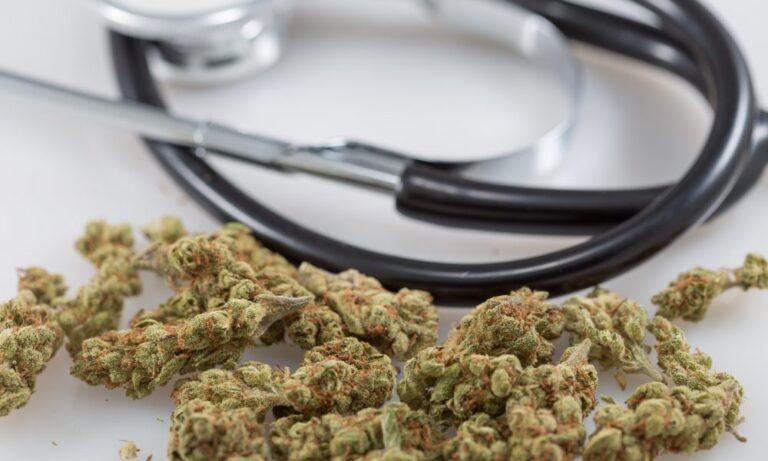Separately, applications submitted by caregivers to access medical cannabis for on behalf of patients has increased over the past two years by 46 percent.
By Andrew Powell, The Center Square.
According to the official in charge of Florida’s medical marijuana program, the number of active patients has increased 71 percent over the past two years.
Christopher Kimball, the Director of the Office of Medical Marijuana Use, provided statistics to the Florida House Healthcare Regulation Subcommittee Tallahassee Wednesday as they discussed the medical marijuana industry in the Sunshine State.
Kimball told the committee what the office is doing to ensure patients are receiving safety-tested medical marijuana and that it does not end up in the hands of children.
Kimball said that applications submitted by caregivers to access medical marijuana for their clients has increased over the past two calendar years by 46 percent and overall, the number of applications has averaged an additional 100,000 applications each year.
Kimball added that over the past two years, active patient numbers have climbed by 71 percent, from 455,425 active patients in 2020 to 779,465 by the end of 2022. According to Kimball, the number of qualified physicians with certifications rose by 102 from 2019-2020 to a total of 1,725 in 2022.
The Office of Medical Marijuana Use is part of the Florida Department of Health and regulates the medical marijuana industry, including the development and implementation of rules and oversight. It also maintains the database of physicians and patients who qualify.
Kimball’s presentation went over some recent enhancements to the Medical Marijuana User Registry, and it included same-day approvals, the creation of a qualified physician document dashboard to allow physicians to manage required documents for their patients and the implementation of daily dose limits.
Also included in these enhancements is the ability to track the purchase of medical marijuana by caregivers and additional security measures have been implemented on the database to protect customer privacy.
In terms of patient privacy, Kimball said that access to the states’ medical marijuana database is only allowed by law enforcement if the patient is part of an active investigation and that the privacy of those on the registry is a top priority.
The office does not regulate doctors, according to Kimball, however, the Department of Health oversees their medical marijuana certifications, practice and quality assurance.
Medical marijuana treatment centers are required to test the product for both potency and for any contaminants, using a marijuana testing laboratory before selling to customers. Currently, there are eleven certified testing labs in Florida.
Each treatment center licensee should be cultivating, processing and selling its own marijuana products, to help with accountability so if anything is found to be unsafe, it can easily be traced back to the source.
State Rep. Allison Tant, D-Tallahassee, asked Kimball about delta 8—a federally legal THC synthetic cannabinoid, which has been shown by some research to be unsafe—and how the DOH is preventing Delta 8 from getting into the hands of patients and minors.
“There are no approved delta 8 products being dispensed in Florida’s dispensing facilities… I have children too, so these things concern me.” Kimball said, adding that there should be perhaps a deeper conversation on the sale of synthetics, but reiterated that they are not being dispensed from licensed facilities.
Further refinement to rules and regulations will be worked through by the DOH via workshops, and to ensure transparency, the public will be able to put their own opinions or concerns forward during these workshops.
